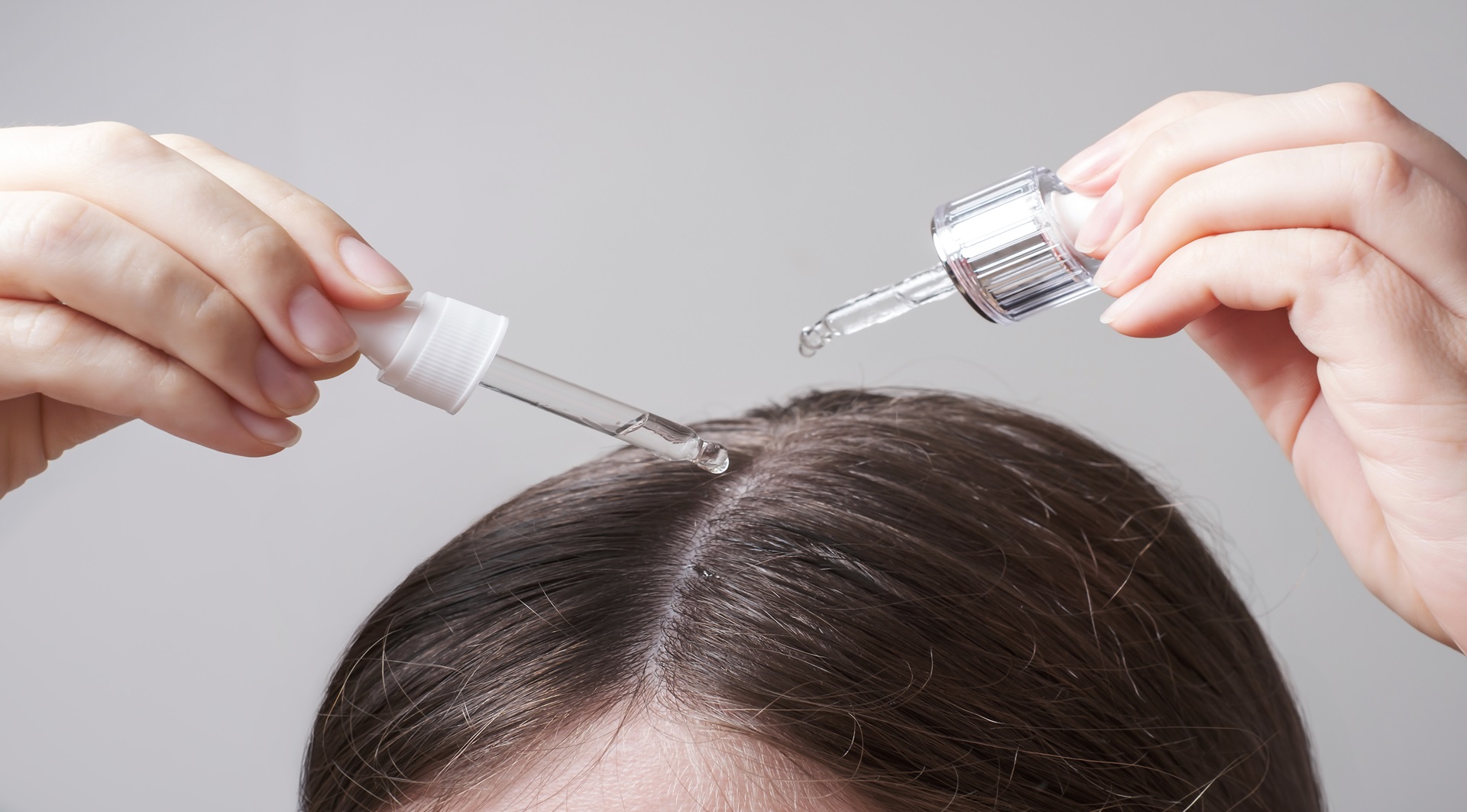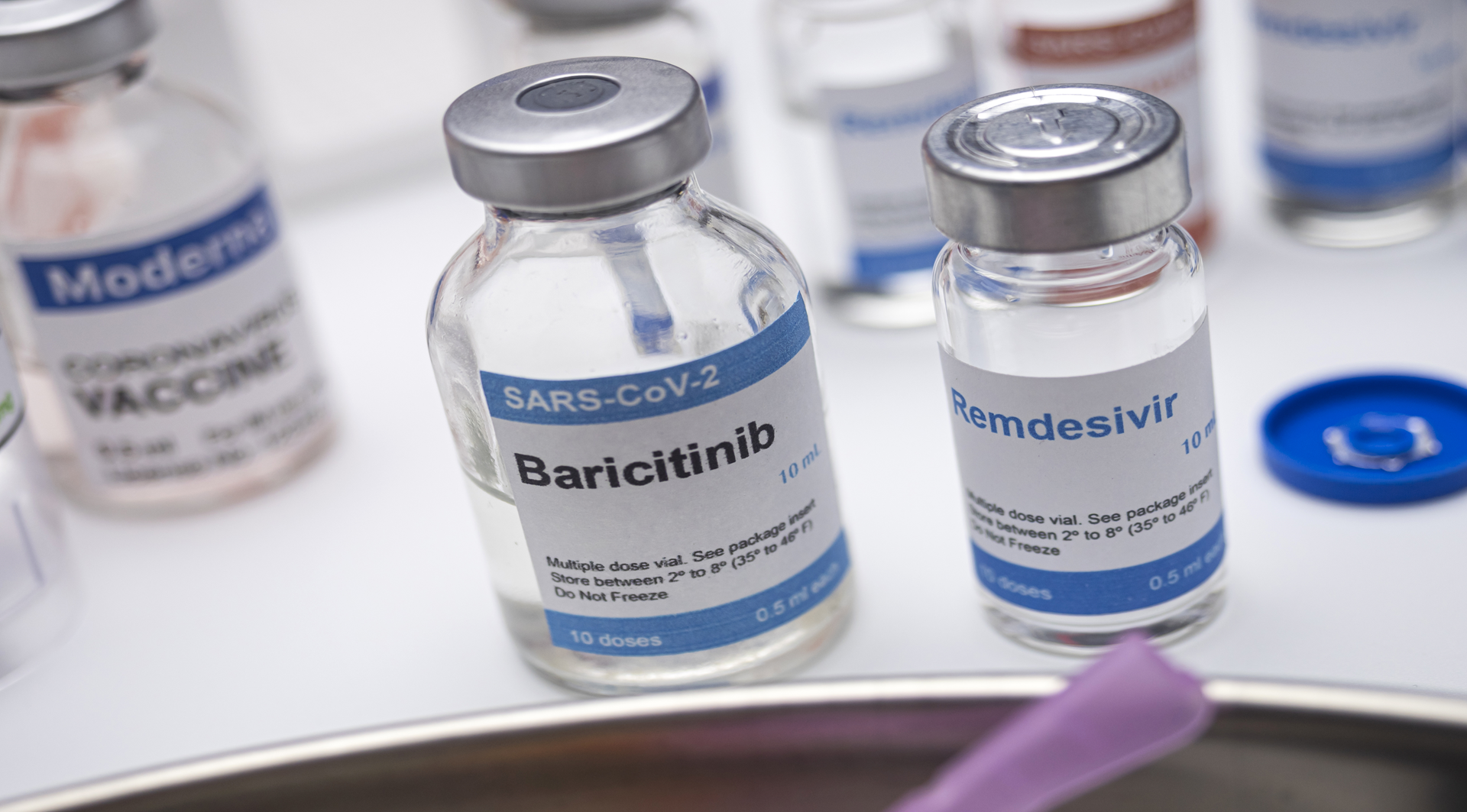Thyroid Disease and Hair Loss
Is it true that changes in thyroid function can cause hair loss? Let's find out how thyroid hormones can affect hair loss.
Thyroid disease, a condition caused by thyroid gland dysfunction, primarily manifests in two forms: hypothyroidism and hyperthyroidism. The thyroid gland, a butterfly-shaped endocrine gland located in the front of the neck, produces thyroid hormones that regulate metabolism, energy production, growth, and development. Thyroid diseases can affect the hair growth cycle, leading to hair loss. Thyroid hormones stimulate hair follicle cell division and growth. Dysfunction of the thyroid gland can interfere with this process, causing hair loss.

Hypothyroidism and Hair Loss
Hypothyroidism occurs when the thyroid gland doesn't produce enough thyroid hormones, such as thyroxine (T4) and triiodothyronine (T3). This slows down the body's metabolism and causes various symptoms. Common symptoms include: Thinning hair: Hair becomes thinner, weaker, and more prone to breakage. Increased hair shedding: More hair falls out than usual. Hair loss can occur not only on the scalp but also on the eyebrows and body. Slower hair growth: Hair grows more slowly, making hair loss more noticeable. Hair loss due to hypothyroidism can be improved with treatment. By restoring normal thyroid function through thyroid hormone therapy, hair loss can stop, and new hair can begin to grow.

Hyperthyroidism and Hair Loss
Hyperthyroidism occurs when the thyroid gland produces excessive hormones. This speeds up the body's metabolism and causes various symptoms. Common symptoms include: Disrupted hair growth cycle: Excessive thyroid hormone production can disrupt the hair growth cycle (anagen, catagen, telogen), leading to hair loss. Hair may move from the growth phase to the resting phase more quickly, causing hair loss. Increased metabolism: Excessive thyroid hormone production increases the body's metabolism, preventing adequate nutrient supply for hair growth. Autoimmune response: Graves' disease, a major cause of hyperthyroidism, is an autoimmune disease that can also cause hair loss.
To improve hair loss related to thyroid disease, it is important to treat the underlying thyroid condition and take measures to maintain hair health. For hypothyroidism, taking thyroid hormone replacement medication can often improve hair loss symptoms. For hyperthyroidism, antithyroid medication can help regulate thyroid hormone secretion and improve hair loss symptoms. In addition, improving lifestyle habits and proper scalp and hair care can help improve hair loss.











